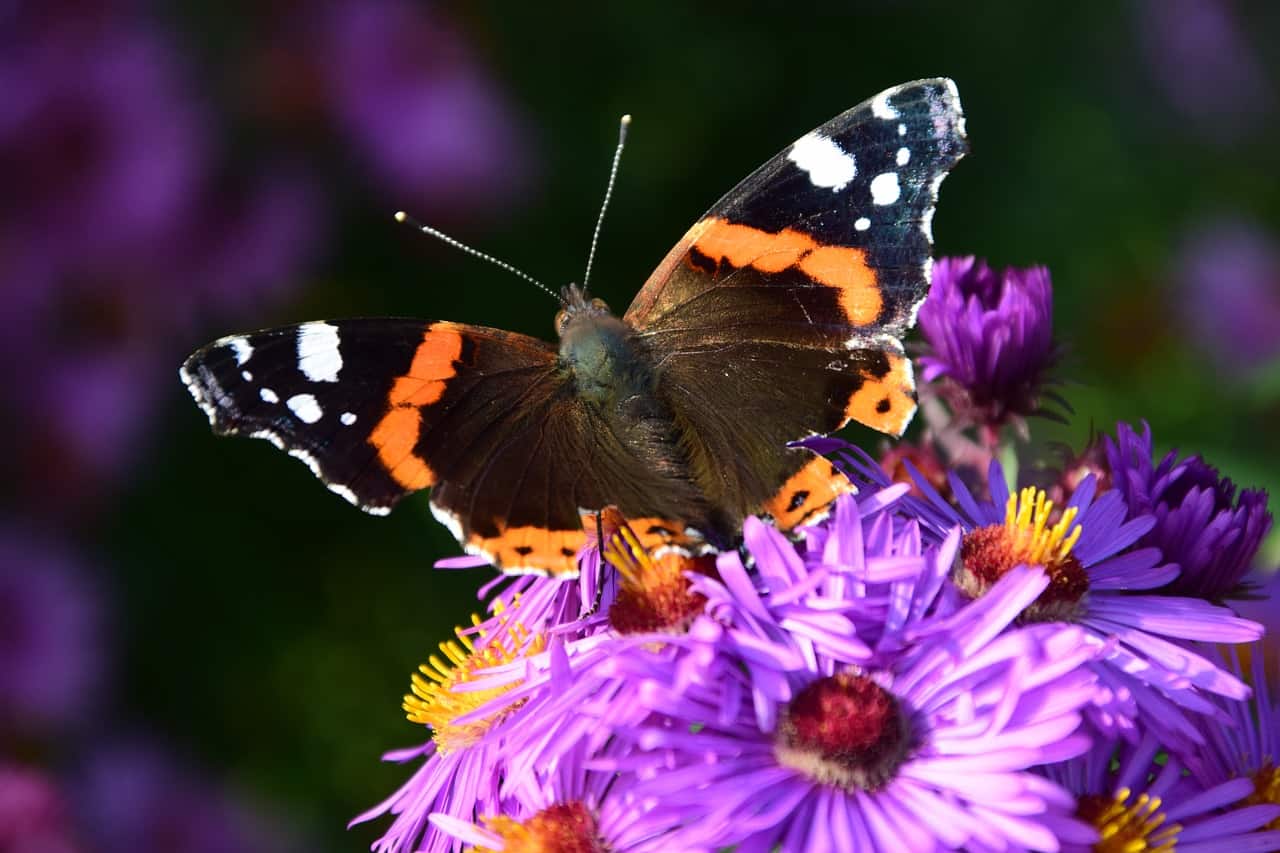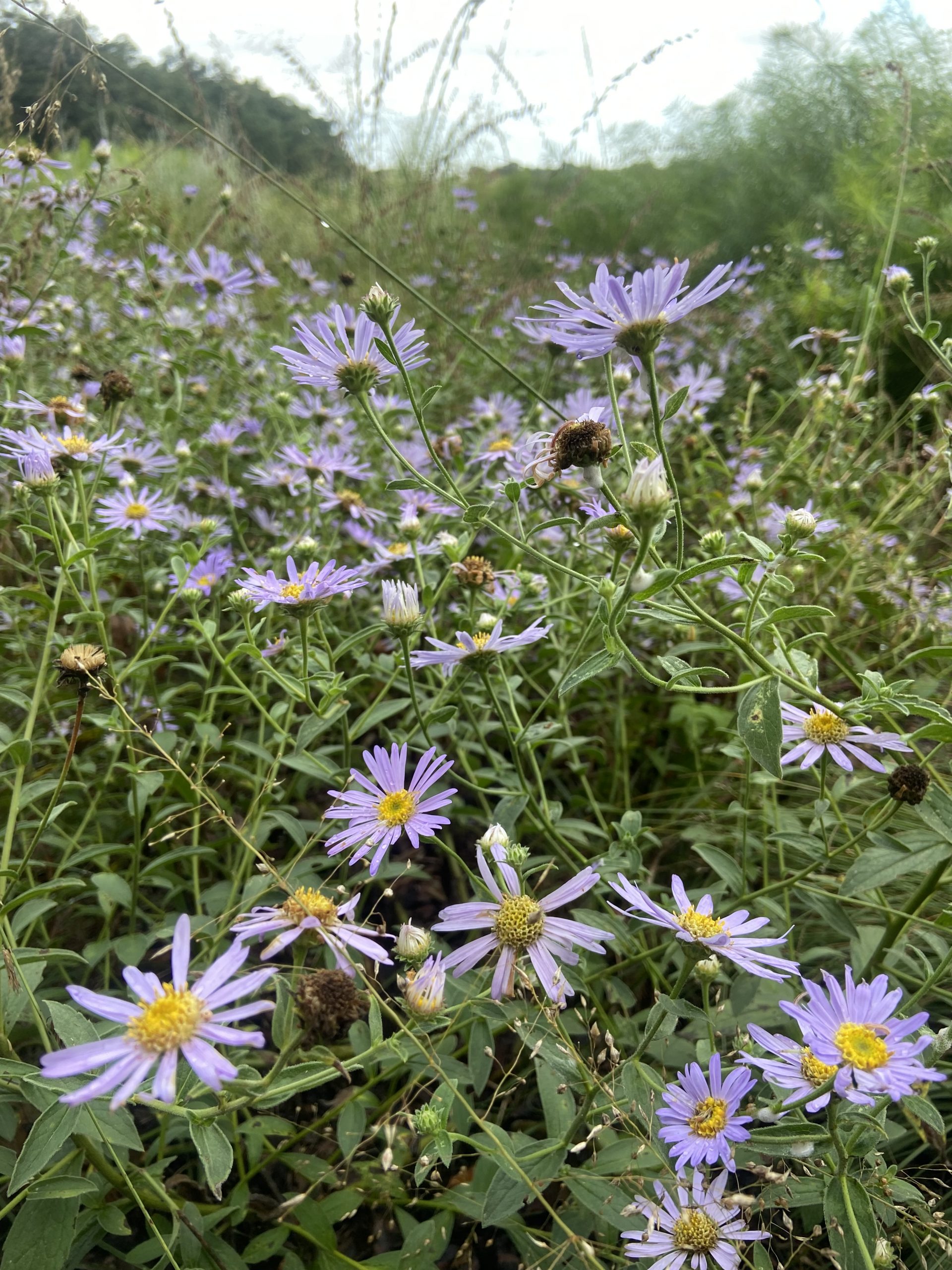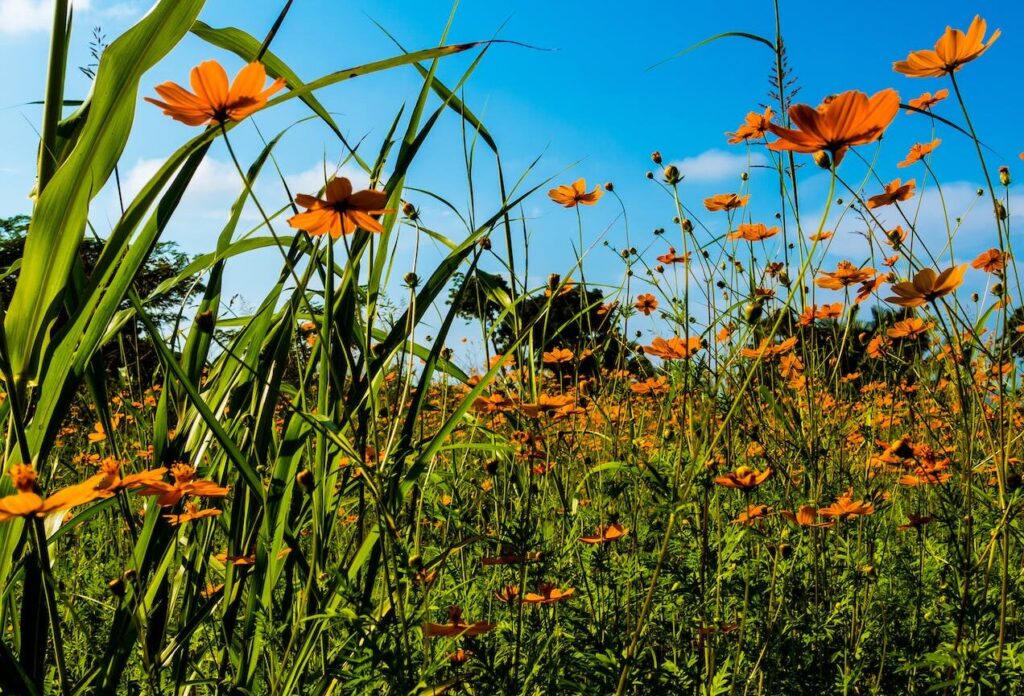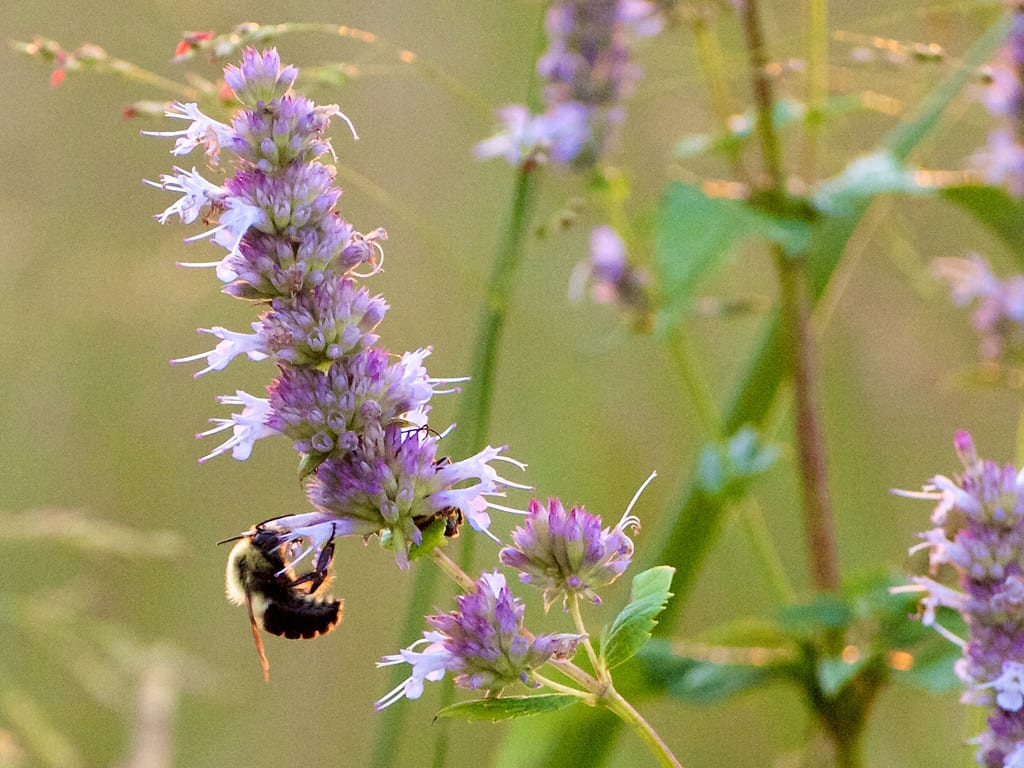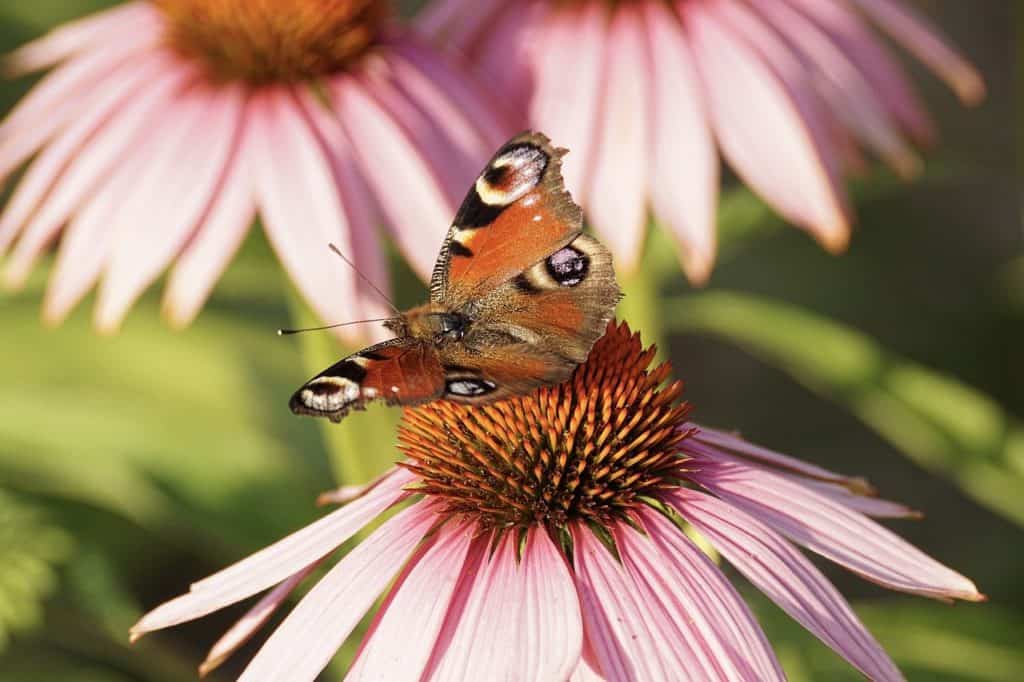Embracing native plants can be a vital step toward healing the Planet.
In an era marked by escalating concerns over climate change and biodiversity loss, the need to restore and heal our planet has become more urgent than ever. While there are various strategies to address these challenges, one often overlooked solution lies right beneath our feet: embracing native plants.
Native plants are the key to restoring ecological balance, preserving biodiversity, and mitigating the impacts of climate change. By incorporating them into our landscapes, we can take a vital step toward healing the planet.
Preserving Biodiversity:
Native plants play a crucial role in maintaining biodiversity. They have coevolved with local ecosystems over thousands of years, forming intricate relationships with native insects, birds, and other wildlife. These plants provide essential habitats, food sources, and nesting sites for countless species. By incorporating native plants into our gardens, parks, and green spaces, we create sanctuaries that support the intricate web of life, allowing local wildlife to thrive.
Restoring Ecosystem Function:
In many regions, the introduction of non-native plants has disrupted natural ecosystems. Invasive species often outcompete native plants, leading to a loss of biodiversity and ecological function. By embracing native plants, we can restore ecosystem balance and function. Native plants are well-adapted to local conditions, requiring less water, fertilizer, and pesticides than non-native counterparts. They also enhance soil health, prevent erosion, and promote natural water filtration, contributing to the overall health of the environment.
Climate Change Resilience:
Climate change poses significant challenges to ecosystems worldwide. Native plants have evolved to withstand local climate conditions, making them more resilient to extreme weather events and changing climates. Their deep root systems help sequester carbon, reducing greenhouse gas emissions and mitigating climate change. Additionally, native plants provide shade and cool urban environments, reducing the urban heat island effect. By embracing native plants, we can enhance the resilience of our landscapes and contribute to climate change adaptation.
Cultural and Aesthetic Value:
Native plants offer a unique cultural and aesthetic value. They connect us to our local landscapes, reminding us of the diverse ecosystems that once thrived. By incorporating native plants into our gardens and public spaces, we can create beautiful landscapes that reflect the spirit and identity of a region. Native plant gardens can serve as educational tools, teaching future generations about the importance of biodiversity, ecology, and sustainability.
Community Engagement and Collaboration:
Embracing native plants provides an opportunity for community engagement and collaboration. Local organizations, garden clubs, and conservation groups often spearhead native plant initiatives, bringing people together to restore and protect natural habitats. Community-led efforts can involve planting native trees, establishing pollinator gardens, or restoring native plant communities in urban areas. By working together, we can foster a sense of collective responsibility and create lasting positive change for the planet.
Conclusion:
Embracing native plants is a vital step toward healing the planet. By preserving biodiversity, restoring ecosystem function, enhancing climate change resilience, and fostering community engagement, we can make a significant impact on the health of our environment. From individual gardeners to policymakers and landscape architects, each one of us has a role to play in incorporating native plants into our landscapes. Let us embrace the beauty and ecological benefits of native plants, and together, we can create a brighter and healthier future for our planet.
